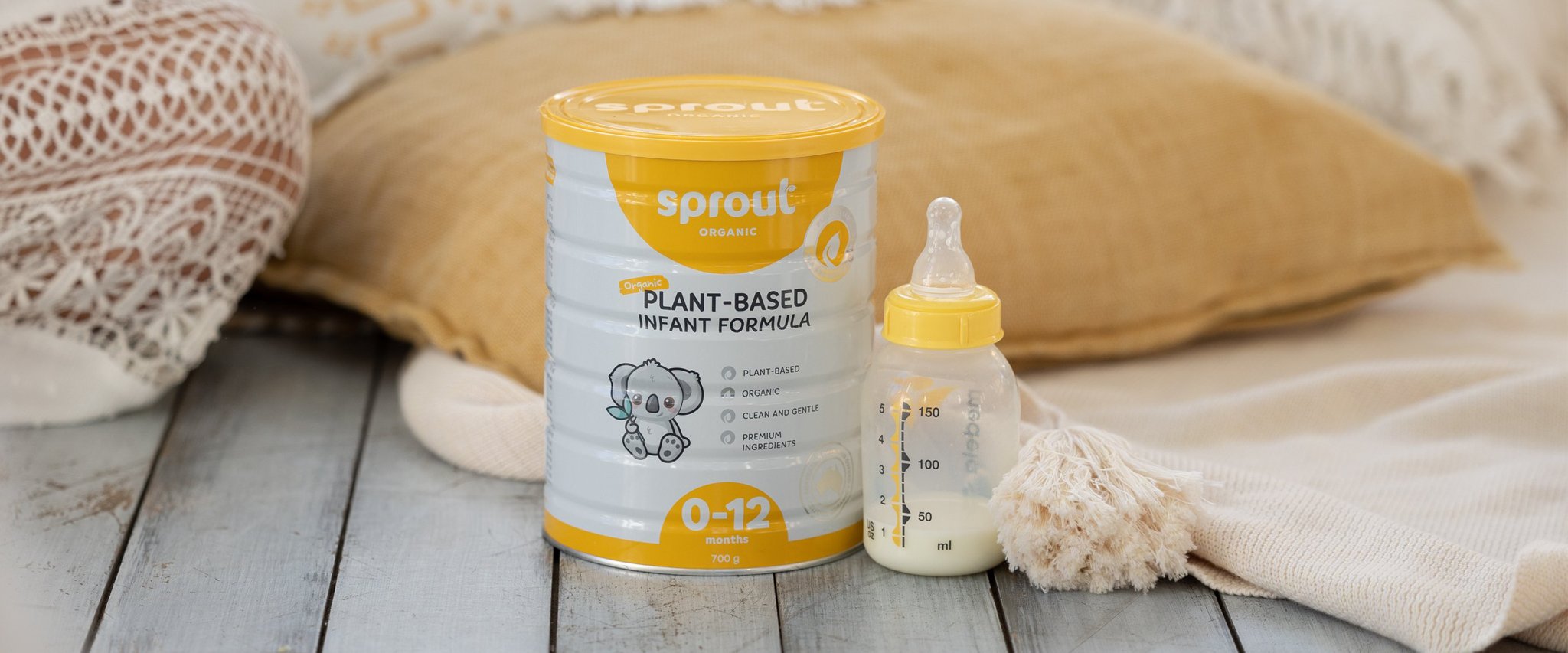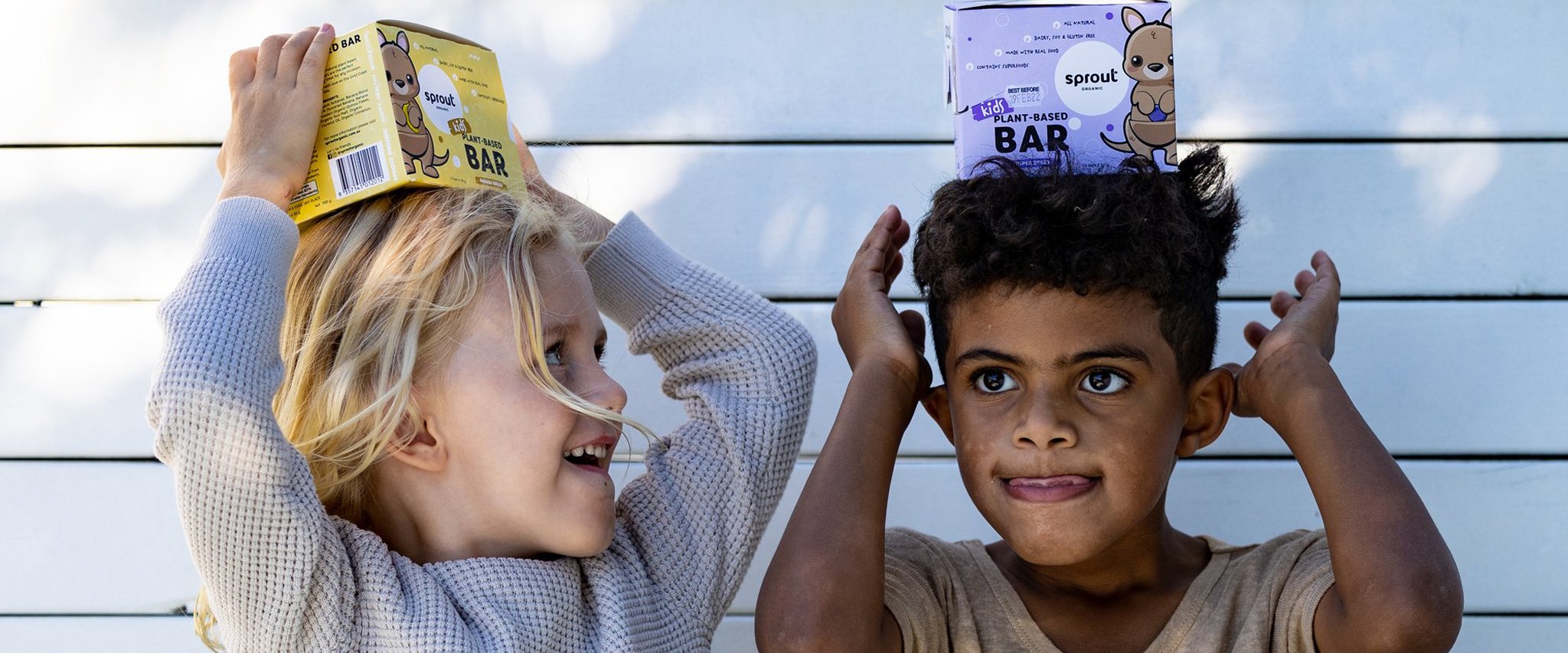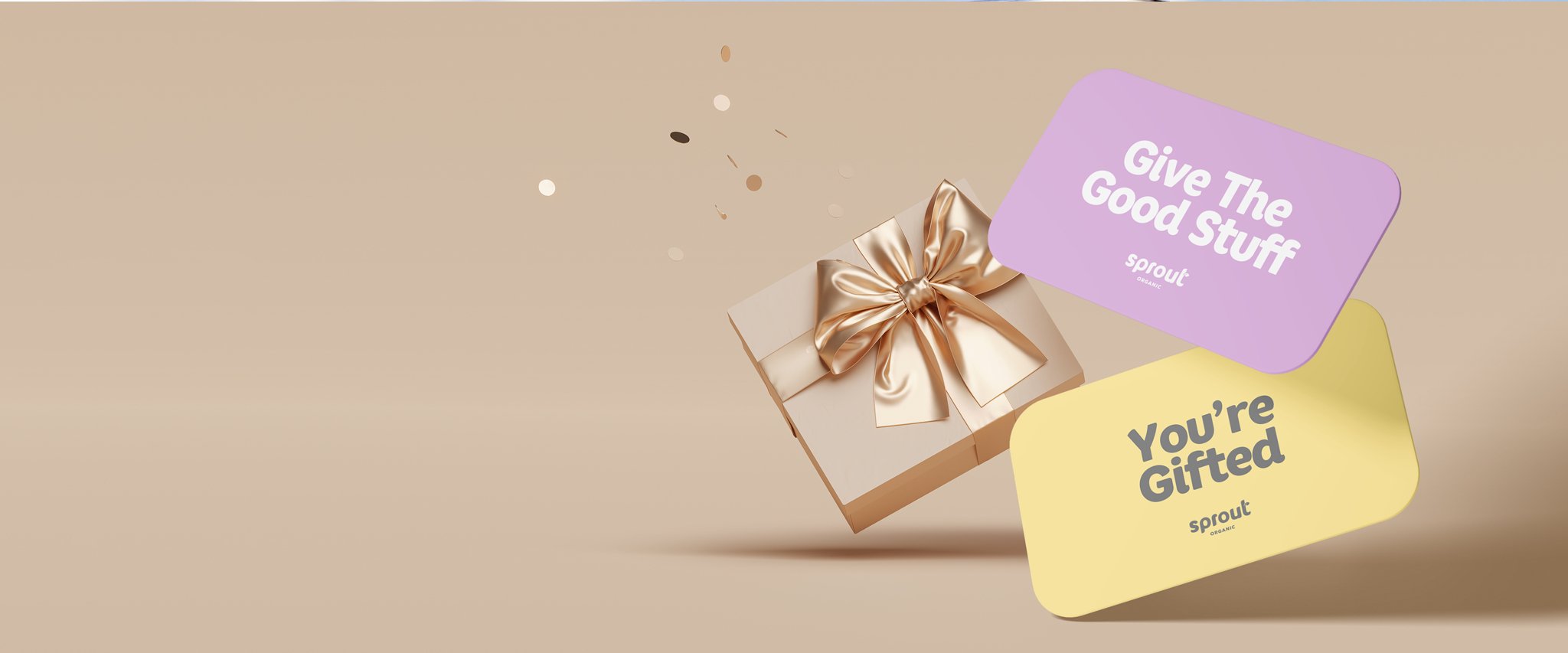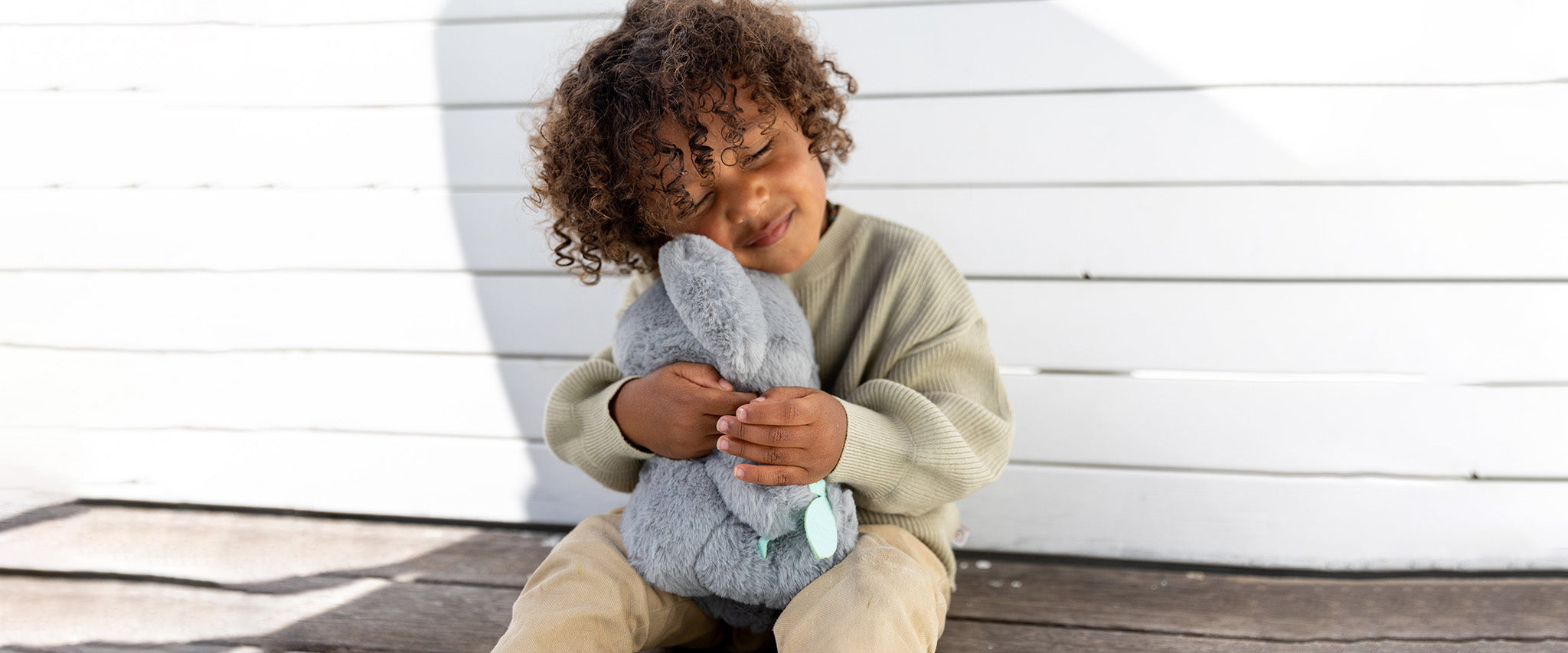Playtime Activities for Hand-Eye Coordination
Our little ones brighten our days and consume all of our love and attention. Their healthy growth and development is our number one priority as a parent, and there are many facets to this! We want them to grow up happy, healthy and with the skills and intelligence that they need to thrive as they interact with the world, and eventually, be able to take with them when they leave the nest.
The foundational skills that these are based on are formed in their early years - the times of curiosity and play within their loving home environments where they can be inquisitive in total safety.
While there are many factors that come into play in determining a child’s individual development, the parent's role is crucial to provide the environment and the gentle hand that guides the development of not only their psychological and emotional skills, but their physical skills as well.
Below are a few of our favourite playtime activities that support the development of hand-eye coordination skills in our little ones.
What is Hand-eye Coordination?
Hand-eye coordination is a cognitive skill that refers to the interaction of the body’s visual and motor systems. It’s the function that guides our hands to carry out movements according to what our eyes (and brain) perceive.
In early life, hand-eye coordination naturally develops in both fine-motor skills (like grasping objects or writing) and gross motor skills (crawling and walking). As babies grow and become more investigative, their hand movements become less of a reflexive action and more complex and purposeful - reaching and grasping and inspecting objects that spark their curiosity.
Like any skill, not everyone develops it in the same way. For some children, it may come naturally or be learned quickly, while others may have to spend more time actively developing it through play and practice.

The following table from Raising Children Australia gives insight into coordination abilities by age. These figures are just average, so don't worry if your child’s abilities don't fall into these categories! Children grow and develop at a rate that suits them, and our only job is to guide them and provide ample opportunities for learning!
|
Age |
Coordination Development |
|
5 months |
|
|
1 year |
|
|
2 years |
|
|
3 years |
|
|
4-5 years |
|
|
5-7 years |
|
Playtime is the key!
It’s no secret that playtime is an essential part of development. Repetition is the basis of learning in all of us. Practice makes perfect after all! For the development of these motor skills, find games or activities that they love, and encourage lots of repetition during playtime.
For babies:
- Encourage reaching by placing interesting nearby
- Introduce rattles and other clinking or noise-making toys
- Use soft building blocks to make structures that they can knock down
- Sing songs or lullabies with finger or hand actions that they can mimic

For Toddlers:
- Colouring books, connect the dots and draw in the lines
- Rolling, bouncing, catching and throwing balls
- Simple puzzles, activity cubes, or shape sorters
- Arts, crafts and finger painting

4+ Years:
- Juggling
- Hopscotch
- Skipping (jump-rope)
- Playing handball (with a partner, or against a wall)
- Bean bag tossing
- Dribbling a ball
- Egg and spoon races
- Pillow fights

Be sure that you don't pressure yourself into thinking your child has to do any of these to maximise their coordination development. As with any playtime activity, the end goal should be to have fun, make memories, and enjoy quality time with your little sprout!






Leave a comment